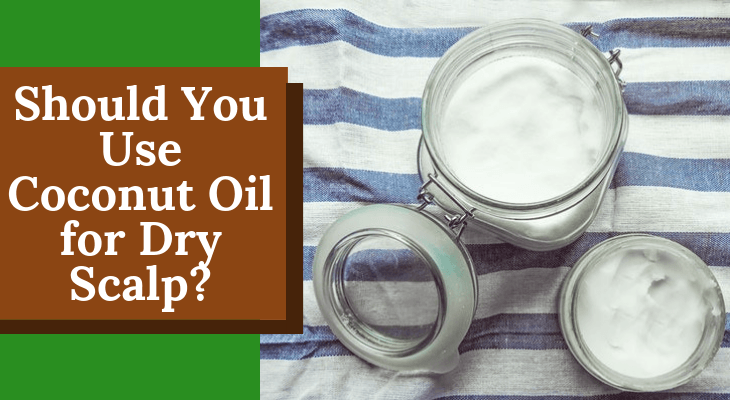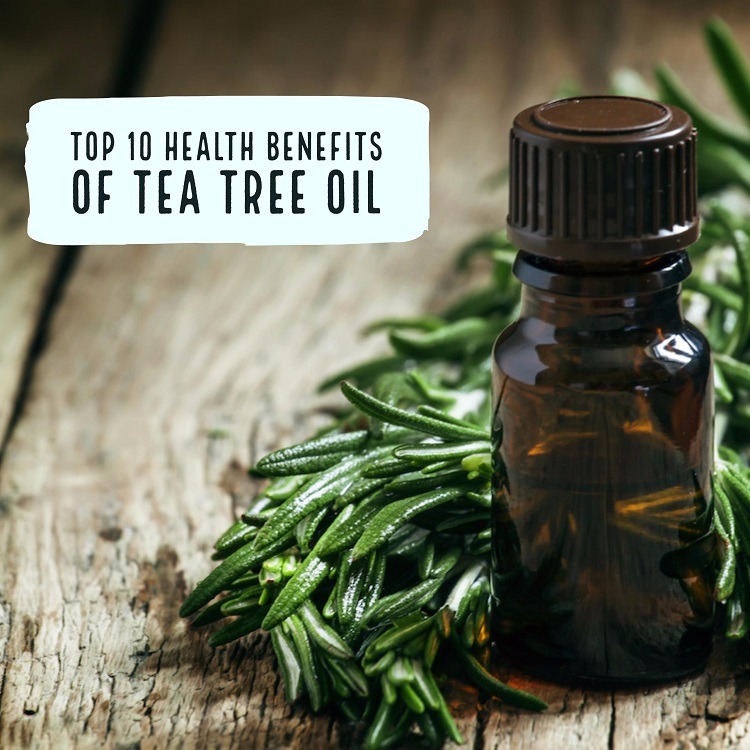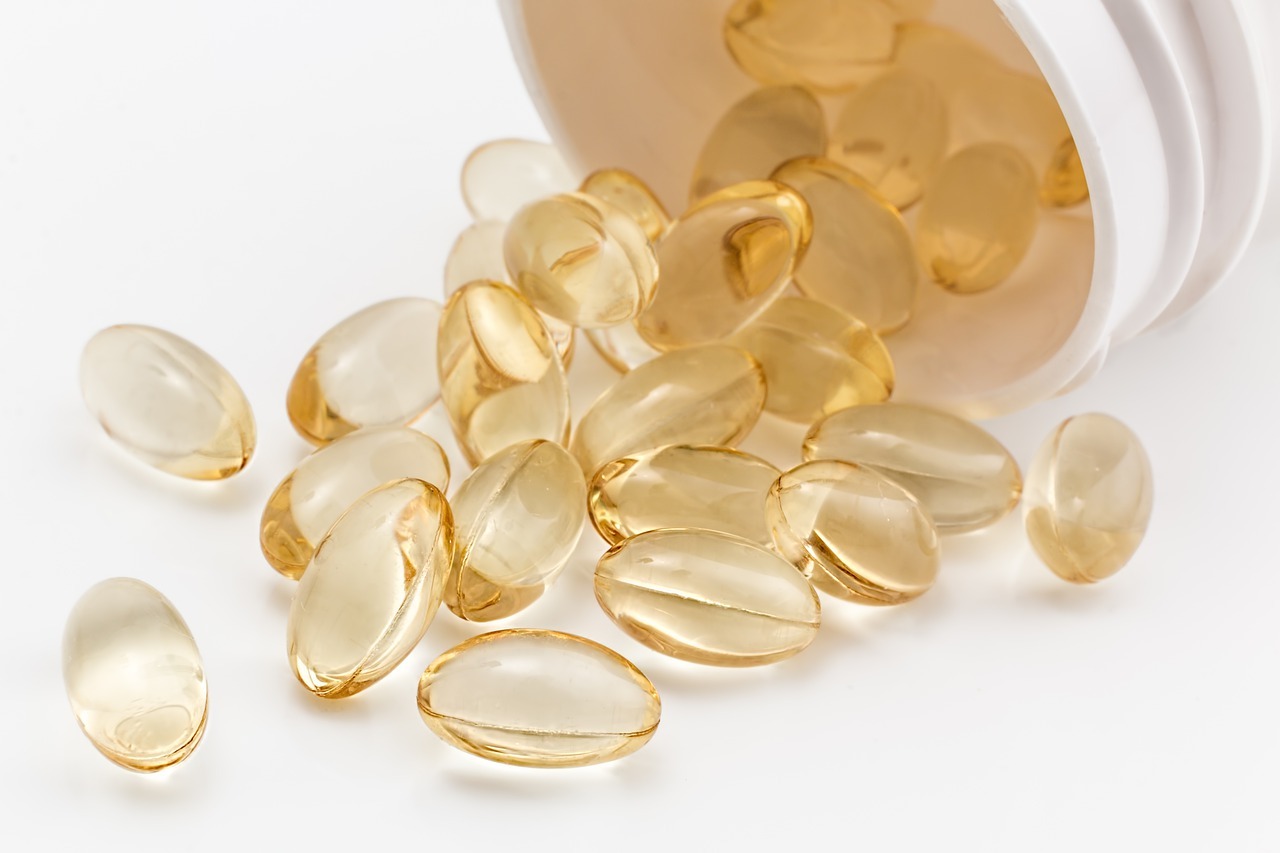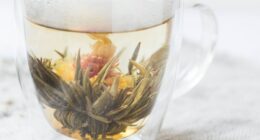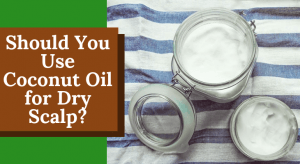 When it comes to scalp problems, dry scalp is right up there with dandruff and hair loss. What’s worse is that dry scalp can lead to hair loss if not taken care of. Itching and flaking can be embarrassing and highly annoying. Everyone wants great looking hair, but it’s almost impossible to feel confident when you have dry scalp.
When it comes to scalp problems, dry scalp is right up there with dandruff and hair loss. What’s worse is that dry scalp can lead to hair loss if not taken care of. Itching and flaking can be embarrassing and highly annoying. Everyone wants great looking hair, but it’s almost impossible to feel confident when you have dry scalp.
Dry scalp can be caused by a few things. It’s more common during winter due to the cold and dry air, but being prone to dry skin can also be a cause. Aging also causes the skin to be less efficient at producing oil so the skin tends to be dry and your scalp is no exception. Excessive use of harsh hair care products and heat styling can also lead to dry scalp.
Right now, you might be wondering what the difference is between dry scalp and dandruff. Unlike dry scalp which is caused by an imbalance in oil production, dandruff is caused by a yeast infection. The dandruff flakes are larger and more oily, the scalp may be oily and is sometimes red. The flakes from dry scalp are much smaller and your scalp will be dry (1).
Dry scalp may lead to dandruff since dry skin tends to be more prone to infection than healthy skin. If you have dandruff, you can check out these dandruff remedies. There are commercial products that are touted to be effective. But the natural approach is far healthier. Coconut oil for dry scalp is often recommended.
Can Coconut Oil Help Dry Scalp?
Coconut helps with healing, has anti-inflammatory properties, and is a great moisturizer. But, when recommending coconut oil for dry scalp, we need to be cautious. Coconut oil is often touted as the miracle remedy for so many things hair and otherwise. But because of the effect that coconut oil has on the hair and skin, it may cause problems if you have the wrong skin and hair type.
Dry and coarse hair types should not use coconut oil as a treatment. That is because coconut oil can cause your hair to feel hard and brittle as it can add protein and maintain protein in the hair shaft which can result in too much (2). This is great for those with fine hair, but for other hair types, it can dry the hair even further because it blocks the ability of the hair to accept moisture.
This is why coconut oil can help for frizz but if your hair is already struggling with moisture loss, this is not good. If you have used coconut oil on your skin before and ended up breaking out or with irritated skin, this is likely to happen to your scalp. While coconut oil can be great for dry skin it takes long to soak into the skin and in some people, it can clog pores.
Bear this in mind when deciding to use coconut oil. You can do a patch test to see whether coconut oil works for you or not.
How to Apply Coconut Oil to Scalp?
If there are no negative effects, remember that if you use it on your scalp, use only a small amount. Anything from ¼ to 1 teaspoon depending on the length of your hair if you are putting it into your hair too. A little goes a long way.
If you find that coconut oil works for your hair but not your scalp, you can still use it as long as it isn’t applied directly to your scalp. You will still be helping your dry scalp by increasing circulation. When you apply it to your hair, you should avoid applying coconut oil to your scalp but massage your scalp when you are done with your hair.
Ways to Use Coconut Oil for Dry Scalp
There are a few creative ways that you can use coconut oil for an itchy scalp and to stop the flaking as well as ensuring gorgeous hair. Keep these treatments on at least an hour before washing your hair. You can also use them overnight.
1. Coconut Oil Scalp Treatment
Use coconut oil just by itself. If you can, avoid the processed coconut oil. The heat may have denatured the oil which isn’t good for your skin or to eat.
-
Heat the oil enough to melt and then apply ¼ to 1 teaspoon. You can use your fingers or cotton wool to do this bearing in mind that massaging your scalp is helpful.
-
Use a shower cap or a towel to cover your hair. This will keep your scalp warm and soothe it.
2. Coconut Oil and Essential oils
Essential oils can help for dry scalp and give you beautifully shiny and healthy hair. Simply add 2-20 drops of essential oil per tablespoon of coconut oil.
These are some of the best for dry scalp:
-
Rosemary essential oil
-
Lemongrass essential oil
-
Lavender essential oil
-
Roman chamomile essential oil
-
Peppermint essential oil
The type of essential oil that you will use depends on your skin and hair type, you can find out which are best for you here as well as find more essential oil options.
Note: Do a patch test first as essential oils can cause skin irritations in some people. You should also consult your doctor if you are on any medication, have a chronic condition, or are pregnant or breastfeeding before using essential oils.
3. Coconut Oil and Honey
Honey is both moisturizing and antimicrobial and easy to combine with coconut oil. Simply form a paste by mixing the warm coconut oil and raw honey together. You may need to add more coconut oil depending on your preferred consistency.
Note: Use raw honey, not processed honey. Processed honey isn’t pure and most of the benefits have been stripped.
4. Coconut Oil and Olive Oil
Olive oil is another moisturizing oil. If you have oily hair it may be best to avoid it. Combined with coconut oil it can help to minimize the risk of the coconut oil drying out your hair.
5. Eat Coconut Oil
Fat is important in our diet both for our hormones and for the health of our skin. Some people find that eating a tablespoon of coconut oil straight is okay for them, but you can use it in smoothies, coffee, to bake with, or to cook with.
Note: Don’t heat virgin coconut above 350°F (3).
Tips and Precautions
-
If you see that your hair is becoming weak after a while of using coconut oil, stop and rather use a different dry scalp remedy.
-
Try to stay away from your hair drier as it can make your scalp even drier. Stay away from chemical styling products. Trying to fix hot roots? We discuss that further in a separate post.
-
Eat a variety of fruits and vegetables, include whole grains as well as a variety of nuts and seeds in your diet. If you are not a vegetarian, fatty fish like salmon and sardines are also great. These will provide your skin with much-needed vitamins and minerals as well as more healthy fats.
-
Drink 6-8 glasses of water per day. If you prefer herbal teas to water, you can also get your water intake from them provided there is no added sugar and preferably no milk. Staying hydrated is important for treating and preventing dry skin.
-
Although stress doesn’t typically cause dry scalp, in some people, stress may exacerbate it. Try going for walks and finding a form of exercise that you enjoy. Do things that you find fun and make time to just relax. Meditation and breathing exercise can help to relieve stress too.
If you have any questions, please don’t hesitate to ask us in the comment section below. We would love to hear from you. If you have successfully treated dry scalp, please share your story with us.
